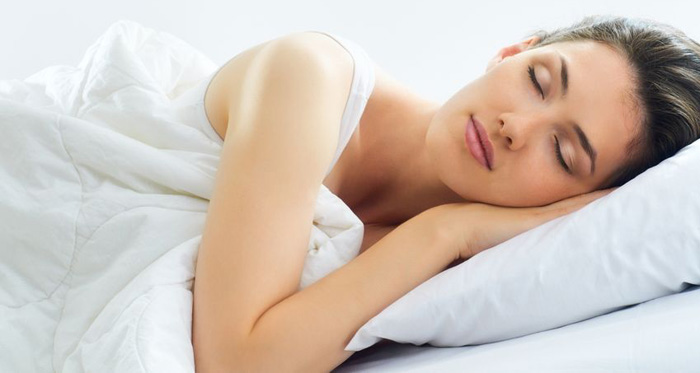Sleep is one of the most important areas of health that is often forgotten about. Poor sleep can lead to lower libido, increased risk of many chronic diseases, impairs attention and alertness, increases the risk of depression, can mess up your immune system, ages your skin, increases your risk of fat gain and can draw a fat loss programme to a holt.
During sleep, hormones are secreted in our bodies that help to regulate appetite, energy metabolism and how well we process glucose. With poor sleep comes increases in stress hormones like cortisol and decreases in other hormones like testosterone & growth hormone making it harder to both gain muscle and/or lose body fat.
Poor sleep can also increase insulin production after a meal, which in turn could increase the risk of fat storage in the short term and in the long term lead to increased risk of insulin resistance and type 2 diabetes.
Ghrelin and leptin are two hormones tightly associated with appetite control. Poor sleep has been shown to lower leptin levels and also raise ghrelin levels. By doing so the body has insufficient information telling it when to stop eating and too much information telling it to keep eating.
Our lifestyles, particularly as the day draws to a close can have a significant effect on the health of our sleep, below are 3 basic tips to help improve sleep quality.
1. Have a technology ban within two hours of going to bed
Today we are obsessed with technology, we cannot walk down the street without staring at out phone, or play on our laptops and tablets in bed. Unfortunately researchers are finding that artificial light from our electronic devices may impact brain chemicals that promote sleep. Exposure to bright screens before bed has been shown to lower melatonin (sleep hormone) levels by about 22%.
2. Perform Diaphragmatic Breathing or Meditation
Meditation and focused breathing exercises have positive effects on neurotransmitters and our sleep hormones like melatonin whilst controlling stress hormones like cortisol, preventing it from wrecking your sleep pattern. Meditation can be hard to master, but there are some good podcasts out there that provide guided meditation. Please read my basic guides on getting started with meditation and diaphragmatic breathing.
3 Take an Epsom Salt bath
Epsom salts is just magnesium sulphate. When magnesium levels are low the sleep hormone melatonin becomes disturbed. It has also been shown that serotonin helps relax the nervous system, a system that is also dependent on magnesium levels in the body. Magnesium can also play a key role in regulating blood sugar, which in turn can help create a longer more undisturbed sleep pattern.
Because magnesium plays a crucial role in all these areas that may affect sleep health I like using Epsom salt baths. Read my previous article Benefits of Epsom Salts Baths. If bathing is not an option then there are many magnesium creams and oils that allow for magnesium to be raised transdermally or the use of a high quality oral magnesium supplement can also help.
Useful Links
Contact Steve Grant Health
To learn more out how Steve Grant Health can assist you on your journey, please fill out the enquiry form below.
Please note that depending on your specific circumstances and goals, Steve may recommend that you work with one of the specialist practitioners within his network of trusted professionals.
If you have been referred by a clinician, please complete the form and ensure that you state who has referred you or have your practitioner email Steve direct to make a referral that way.
Click the button below to open the client enquiry form:
[widgetkit id=”643″]


